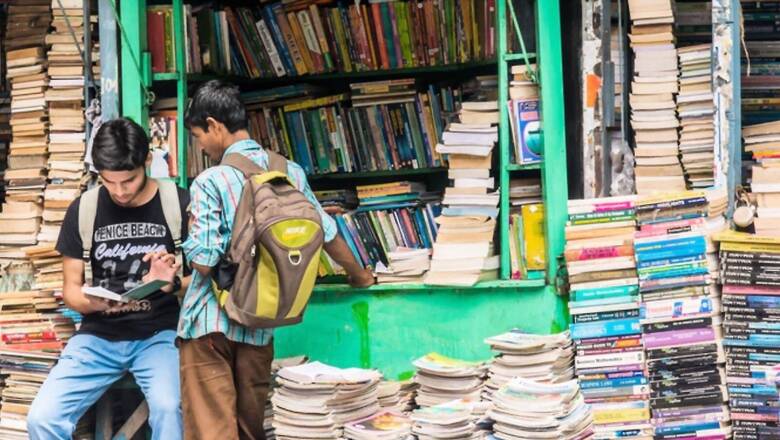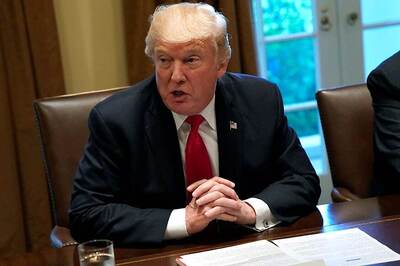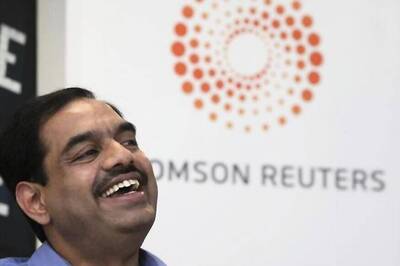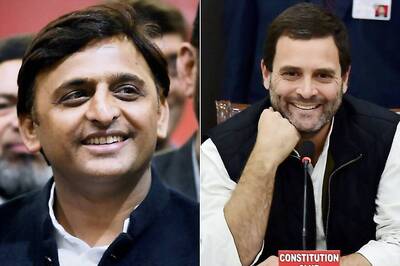
views
All India Council for Technical Education chairperson Anil D Sahasrabudhe Thursday stressed on the need for affordable high quality education and stringent self governance and self regulation on the part of every educational institute. He called for reaching the benchmark of 1:15 teacher-student ratio to ensure imparting high quality education.
Advocating the need for a system where self-governance and self-regulation are the two important pre-requisites in higher education, Sahasrabudhe said “Each educational institute must meet the requirement of faculty, laboratory and must have transparency.” Speaking online at a programme organised by the Indian Chamber of Commerce here, he said “While affordability is important in our country, we must ponder over the twin issues of high quality and equitable education. “I cannot say that the 1:5 teacher-student ratio as in ancient Nalanda or Takshila University is possible any more today. Finding teachers in that ratio is a problem as there are about 25 crore students in schools and four crore in higher educational institutions in the country”.
He recommended the need for a system where self-governance and self-regulation are important pre-requisites in higher education. “Each educational institute must meet the requirement of faculty, laboratory and must have transparency. The infrastructure facilities must be posted on website with major stakeholders – students and teachers – having access to it. If the information is not correct they must approach the regulatory body,” the AICTE chief said. Sahasrabudhe said there has to be one single regulatory framework with verticals as funding, accrediting and educational council at national level. “There are around over 1000 universities set up by acts of Parliament and assemblies, besides private universities and deemed universities in states. There are institutes of eminence among higher educational instiututions. All these need to be brought under one umbrella for the interest of education”.
Read: Researchers and Teachers Demand Robust Funding for Education and Scientific Research
Stressing on the need to raise the gross enrolment ratio in schools and in higher education he said “Our objective remains to make the graduates employable, valuable, ethical and morally high … Each individual comes with some basic ingredient. Our duty is to find out his talent, hone it, polish it and allow it to blossom”. On education technology Sahasrabudhe said that it has helped Indian students in bringing in various positive changes which were not imagined before the pandemic. During the pandemic students and teachers got more accustomed to online classes.
“The edu tech companies are playing great role, using all varieties of possible tools and making use of AI (artificial intelligence)” he said.Edu tech from school to higher education are driven by a variety of needs. “Skilled education is not enough. There has to be a combination of skilled as well as theoretical concepts,” he said and mentioned block chain and cyber security.
Calling for alignment of emerging edu technologies with the new education policy, he said there is a move to translate text books in higher education from English to other languages for the benefit of students. “In 40 institutions from 11 states, text books have come up in seven languages. We must make education afforadable for masses”. British Deputy High Commissioner, Nicholas Low said the UK is looking at the emerging edu tech sector in India with great interest.
He said the number of Indian students in British universities will exceed those from China. “Till March 31, 2022 we have issued 1,100 visas for Indian students,” As per the latest QS global rankings, one of the top two universities in the world are from the UK. Also two of the four world universities are from the UK. The country has four of top 18 universities, Low added.
Read the Latest News and Breaking News here




















Comments
0 comment